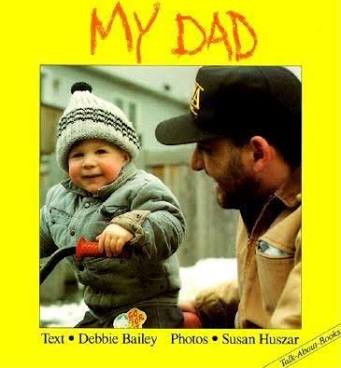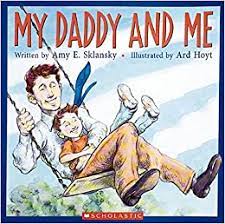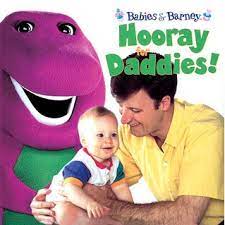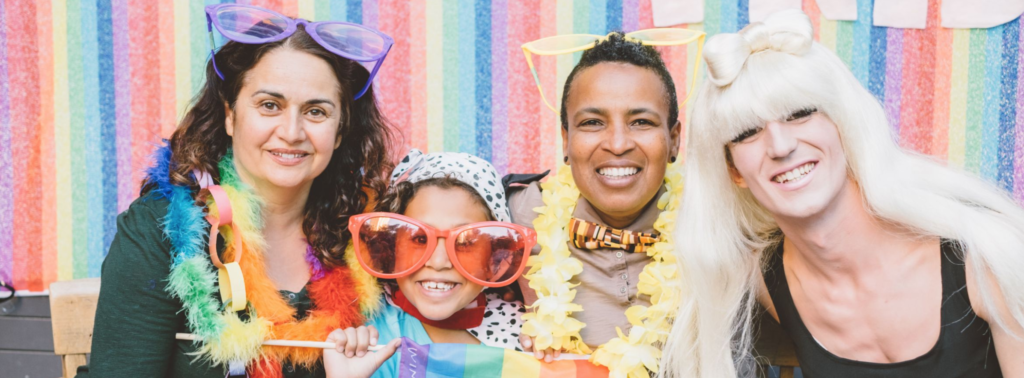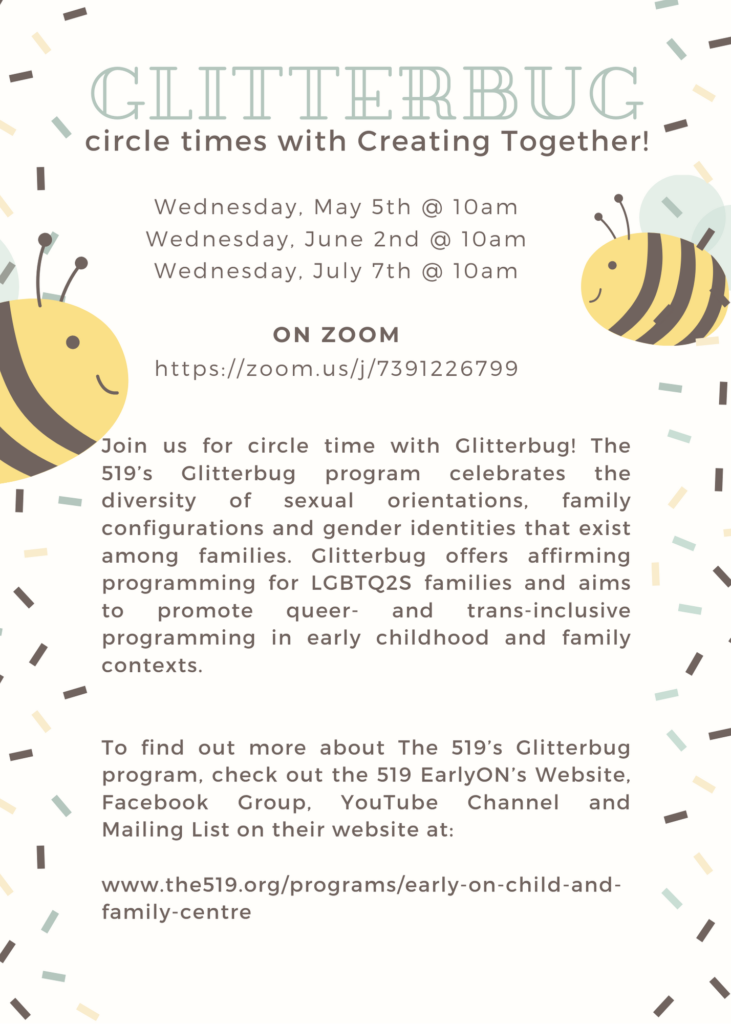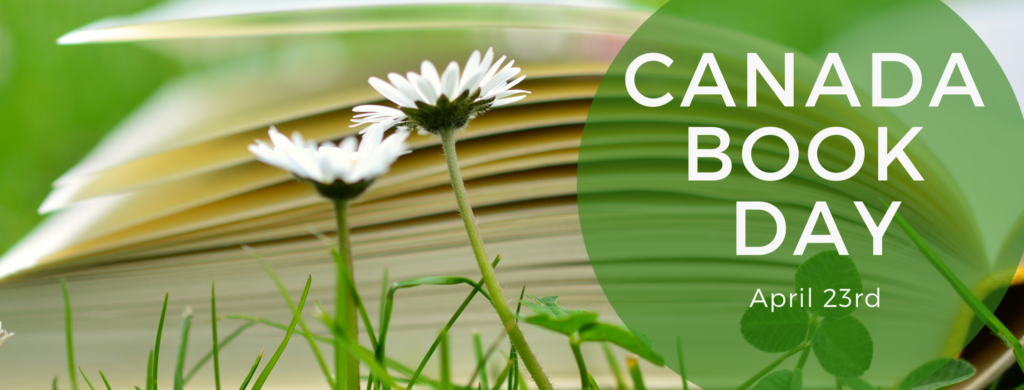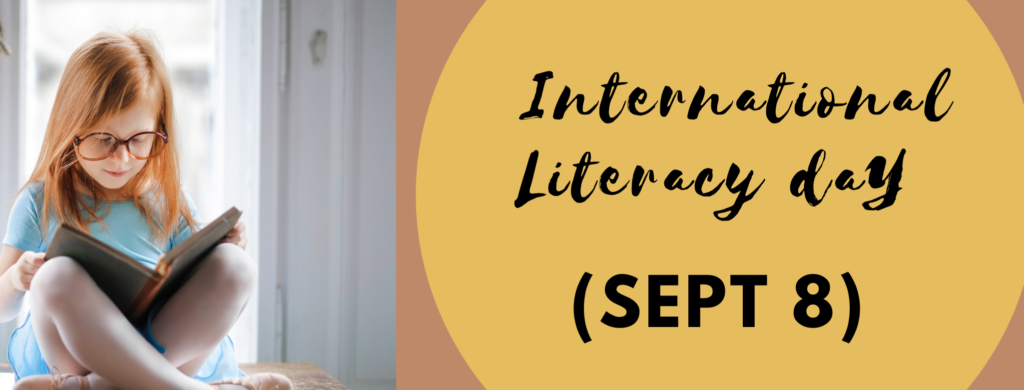
As many of our little ones head back to school, it’s also the annual celebration International Literacy Day on Sept 8 – a celebration
Since 1967, International Literacy Day (ILD) celebrations have taken place annually around the world to remind the public of the importance of literacy as a matter of dignity and human rights, and to advance the literacy agenda towards a more literate and sustainable society. Despite progress made, literacy challenges persist with at least 773 million young people and adults lacking basic literacy skills today.
UNESCO
What is Literacy?
We often think of literacy as the ability to read and write, however what this means across cultures varies greatly.
For example, “reading” includes understanding complex visual and digital media as well as printed material. An elderly person who can read the newspaper might have a difficult time navigating their email or reading a map online. When we look at literacy, how do we engage with the written word in everyday life? How do we keep up with current events and communicate effectively?
Literacy Begins Before a Child Can Read
Until the last 30 years, children were seen as non-readers until they entered school. Now, children’s attempts to read and write before they reach school age are seen as important steps in developing reading and writing abilities. And, according to research by the Canadian Language and Literacy Research Network, children who are successful readers have usually engaged in many early language and literacy activities before starting school. In fact, hearing and engaging with books read aloud to them is one of the most important activities for infants, toddlers, and pre-school children.
Encourage Reading and Discuss Texts
Encourage young learners to immerse themselves in reading as often as possible, and using a broad variety of genres (newspapers, novels, comics, magazines, films, reference material, and websites). Follow up the reading or viewing of a text with a discussion of what it made learners think and feel.
Gamify It!
Make reading and writing fun, be it with scavenger hunts, rhyming contests, comic creation…get creative and have fun! Here are some fun game ideas for early learners: https://www.3plearning.com/blog/6-activities-that-put-the-fun-into-phonics-for-early-learners/
We are here to help.
Even in a time of crisis, Creating Together has found ways to help families maintain a literacy routine with our online programming. Take advantage of our online storytimes and build literacy into your family routine with some family favourites:
- 1pm Story Time Mon/Wed/Fri and 7pm Bedtime Story Mon-Fri on our Facebook Page
- Did you know that a child’s knowledge of songs and rhymes at age 3 is predictor of his/her ability to read by age 6? Why not come and take advantage of the opportunities and support available to you at Creating Together?Join us for Circle Time (daily at 10am on Zoom or Facebook – see below)
- Tip: give children a choice in which book they’d like to read, choose books that are age appropriate, and read in ways that are also age appropriate. Take a look at this great tip sheet: Milestones of Early Literacy Development.
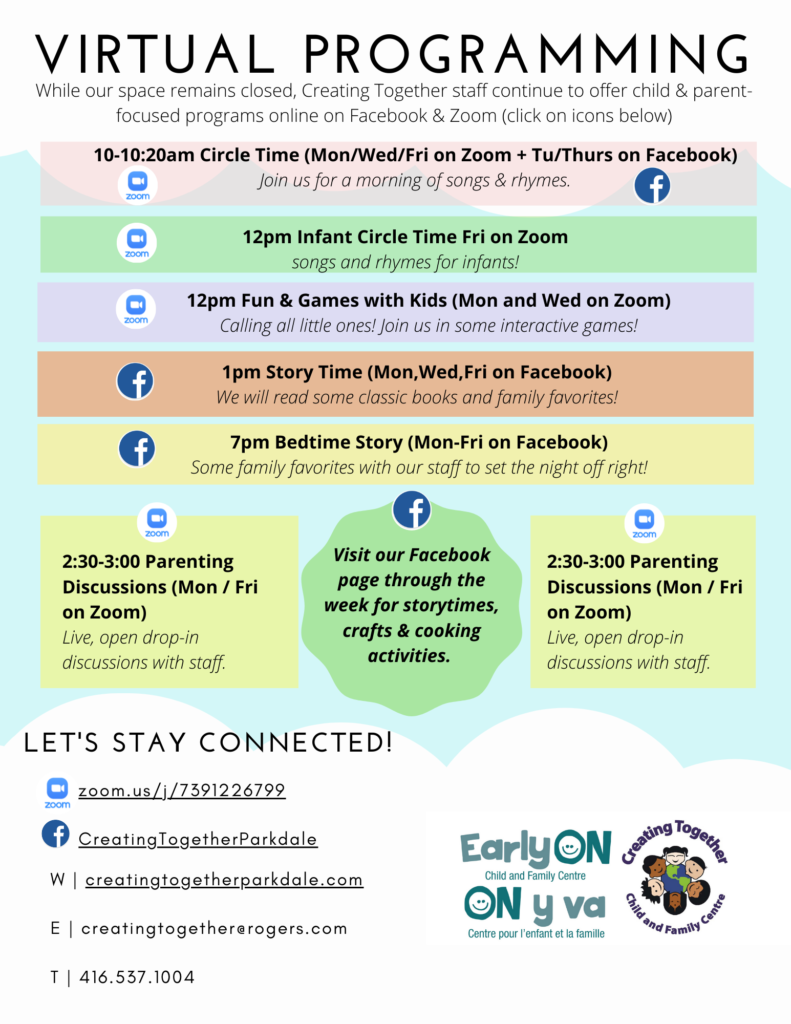
Happy Reading!



